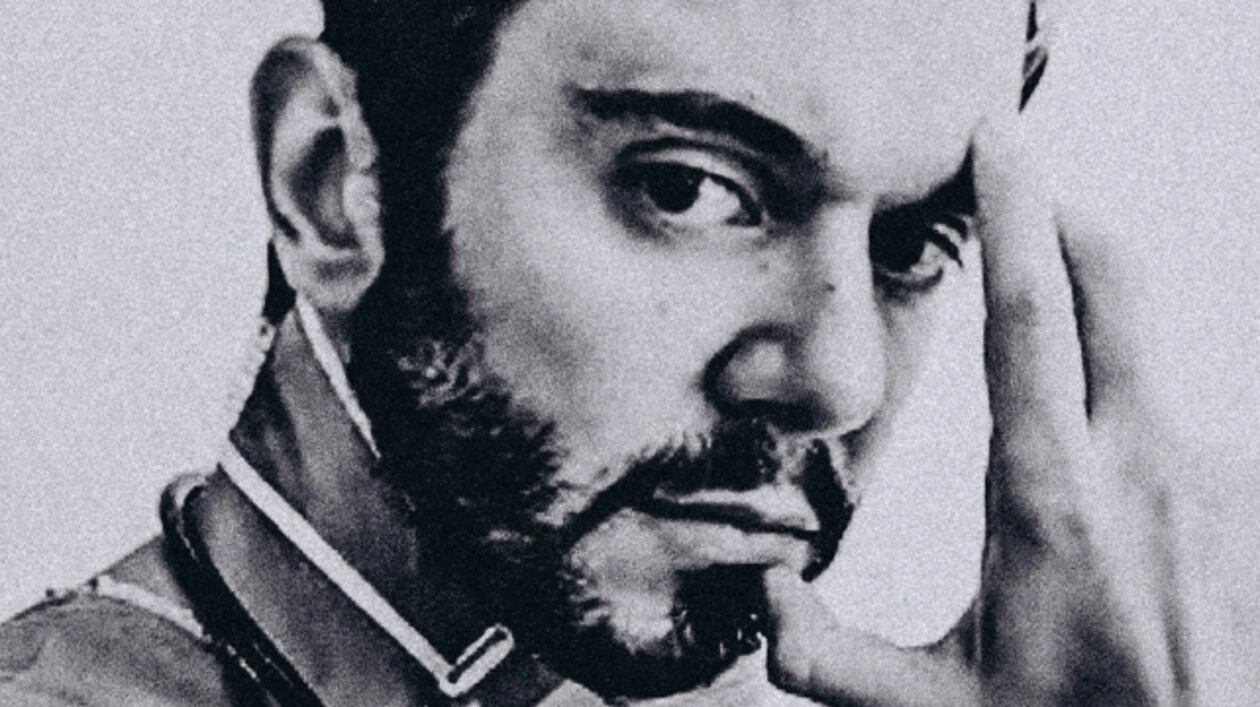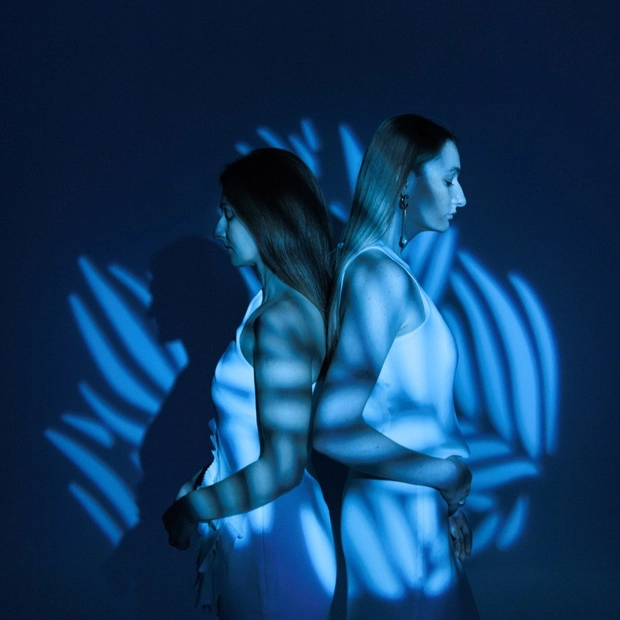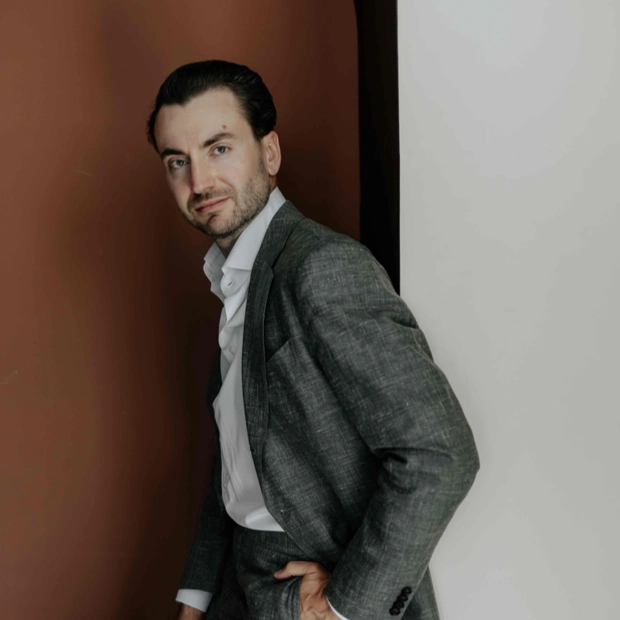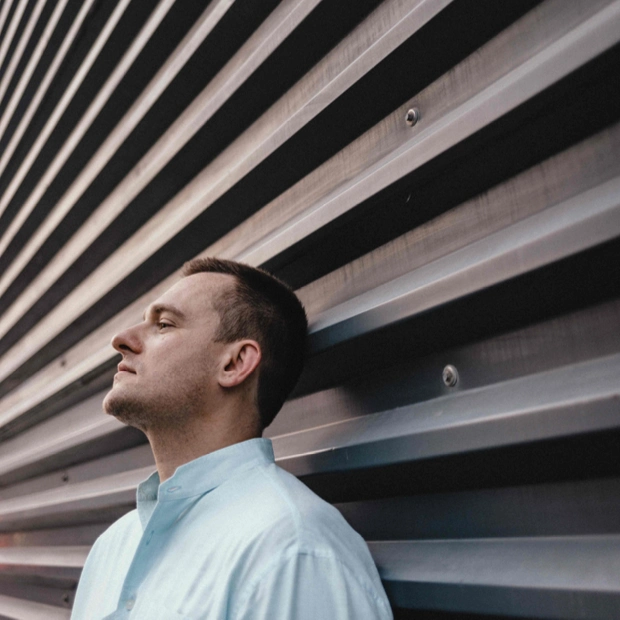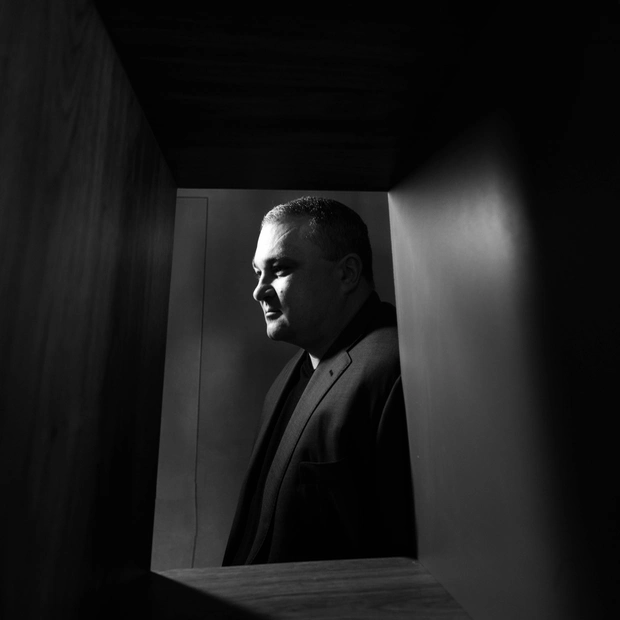If an animal population grows too big, nature regulates itself by multiplying its biological enemies. Man, too, has antagonists, very special at that. They appeared on Earth long before us and perhaps will stay alive after humankind is gone. Co-existing with them is the only way for us to survive as a biological species. Thus says Francisco João Neves Carvalho, a general family practitioner from Lisbon, Portugal.
Our planet is inhabited by all sorts of life forms of which viruses are among the most ancient ones. These most primitive beings, known as DNA or RNA molecules, appeared ages before humans but cannot exist on their own. To survive and reduplicate, they need more complicated organisms to host them. When humans come across any virus, the interaction mechanism is very much the same: the virus “unlocks” a cell and penetrates it making its way inside the nucleus to take over the cell's function. Once in control, the invader orders the cell to share it with other cells. So instead of producing energy, muscle, etc., the conquered cells start producing copies of the virus. As soon as the number of infected cells is sufficient, the virus commands them to develop symptoms, such as coughing and sneezing, enabling it to move from one host to another. All viruses reduplicate this way. For instance, HIV works exactly like this moving from an HIV positive individual to a healthy one, getting in contact with the former's fluids. The kind of contact spreading the viruses is the only difference between them.
The problem with COVID-19 is that it's extremely contagious and can survive on surfaces for many hours or even days. After touching a contaminated surface, one may avoid being infected for a rather long time until he / she touches his / her face, thus giving the SARS-CoV-2 cells a chance to get on the nasal, ocular, or mouth mucous membranes.
One thing is obvious: COVID-19 did not come from space. It's just another virus like many others we've come across over millennia. Nevertheless, fear makes people surround it with all sorts of myths. One is tobacco smokers rarely catch it. Wrong. A smoker is even more vulnerable and more likely to have lung complications. Another is after recovery you can be infected again. False. I have not observed it in my practice, and there are no trustworthy reports of that. All we have so far is one report from China, but information from this country is in question at the moment. Yet another myth is about asymptomatic dynamics ending in a “lung collapse” and a quick death. Impossible. If you get infected, your oxygen saturation level will drop, which you are sure to feel. If you're asymptomatic, you may be either a healthy virus carrier or be having very mild symptoms, your respiratory system unaffected. That's exactly what happens with children — most of them are asymptomatic and do not become very ill.
Children rarely become infected with COVID-19. We know that viruses mutate. Every time they reduplicate, they have a chance to change their DNA a little bit. That's how they survive: people becoming immune, viruses try to bypass their defenses. As to COVID-19, we observe the opposite of varicella, which adults are very unlikely to get infected with while children catch it easily. Putting it in a nutshell, adults have “a lock”, to which COVID-19 has found “the key”, but children, having no “lock”, can carry the virus without being infected by it. Some time down the line, though, if a lot of people get infected, the virus may mutate and become able to infect children as well. The good news about this scenario is that having mutated the virus will weaken.
So far, we know about four mutations of COVID-19. The one we have in Portugal came from Spain. It's a good one as it develops symptoms at a very early stage so the disease can be diagnosed rather quickly. The tests we use are spotting the inside of the nose and the mouth and computer tomography. 30 % of the test results are false negatives. Knowing that we retest those with the typical symptoms — fever, coughing, and shortness of breath — a few days later.
The COVID-19 pandemic is rightfully compared to the Spanish flu that attacked us in the early XX century. Nature is cyclic so we can predict what's going to happen more or less accurately. Virologists observed similar viruses in animals last spring and warned about a possible scenario in humans. Nonetheless, forecasting the exact timing and specifics is next to impossible. I do not think it's going to be as bad as the 1918–1919 pandemic. Information spreads around a lot faster thanks to the Internet today. With everybody being as careful as possible and all the necessary measures taken, we are sure to avoid a catastrophic scenario. COVID-19 has the potential of becoming just another seasonal flu virus. We are preparing for a possible second wave in autumn, but it may never come. Nobody knows for sure.
The treatment process remains a very relative area despite the accuracy of our medical theories. Some aged patients with chronic diseases recover, whereas young and healthy individuals fail to cope with the illness. Concomitant diseases and bad habits are serious risk factors, but most important are patients' characteristics, such as their reaction to the infection and access to high-quality medical care.
What must be kept in mind is that safety precautions are recommended to everybody, including recovered patients, to protect the risk groups. Giving up smoking and doing sports are also useful but mostly to keep one from getting paranoid. With everyone talking only about COVID-19, it's easy to give in to the mass panic and drown in the information flows. Just because they've been hearing and reading about the COVID-19 symptoms every day, some acquaintances and patients of mine have started developing them without being infected! It's no laughing matter but a serious psychic disorder, called somatization.
Panic and despair are the last things we'd like to observe. In severe cases, we use a very effective plasma therapy. For the bad ones interned at ICUs (Intensive Care Units), we use an anti-virus therapy and anticoagulants. Be an anti-COVID-19 vaccine created, it will also be of use, as even if the virus mutates, the patients will have only mild symptoms.
So far, the best solution has been the closure of the Portuguese state border and imposing travelling limits, which we should have done a little earlier. Still, we did it before Spain and other European countries, and that's proved very helpful. This and our advantageous geographical position — we border on Spain only — give hope for a favourable outcome. Thus far, we've had 24,000 confirmed COVID-19 cases and about 1,000 deaths.
Most private insurance policies in Portugal don't cover such force majeure circumstances as COVID-19. However, we've got an excellent national healthcare system, and the government is doing a lot for those in need. We've been in lockdown for a month already, but the government is paying the greatest part of the salaries. Some companies may not survive in this economic crisis, so special credit facilities and repayment holidays have been launched, giving them a good chance to keep afloat. Many have changed to telework, i. e., working from home, thus saving the jobs and acquiring a new experience. The calamity is bringing us together and making everyone more humane. People are helping each other through community boxes for those unable to buy food. Now we value our families and friends a lot more, take better care of them, and help those we don't even know.
Humans live and die while life on the planet goes on. We are a sizeable part of the world but not the most important one. Even without us, nature will continue existing. It's quite obvious that when the human population grows too large for nature to handle, pandemics break out, bringing the number of people down. As a medical professional, I understand that death is part of life. We die to let new generations live vacating a place for them.
Anyhow, we've got a good chance of living our lives in symbiosis with viruses and survive as a species. On 17 March 2020, I had to cancel my holiday and return to work. So began this story for me. Since then, I've been working every single day without any weekends or days off. We'll be working as much as needed for as long as needed. I'll be coming home to take off everything for disinfection and have a hot bath before even seeing my partner.
Nevertheless, all this hard work will be useless without our common efforts. Please do not go out if you don't have to. If you do, please do wear a mask. Do keep your 2‑metre social distance. Do wash your hands often and well. Even if you have recovered, please do take care of your neighbours. Be prepared for this pandemic to become a long story.
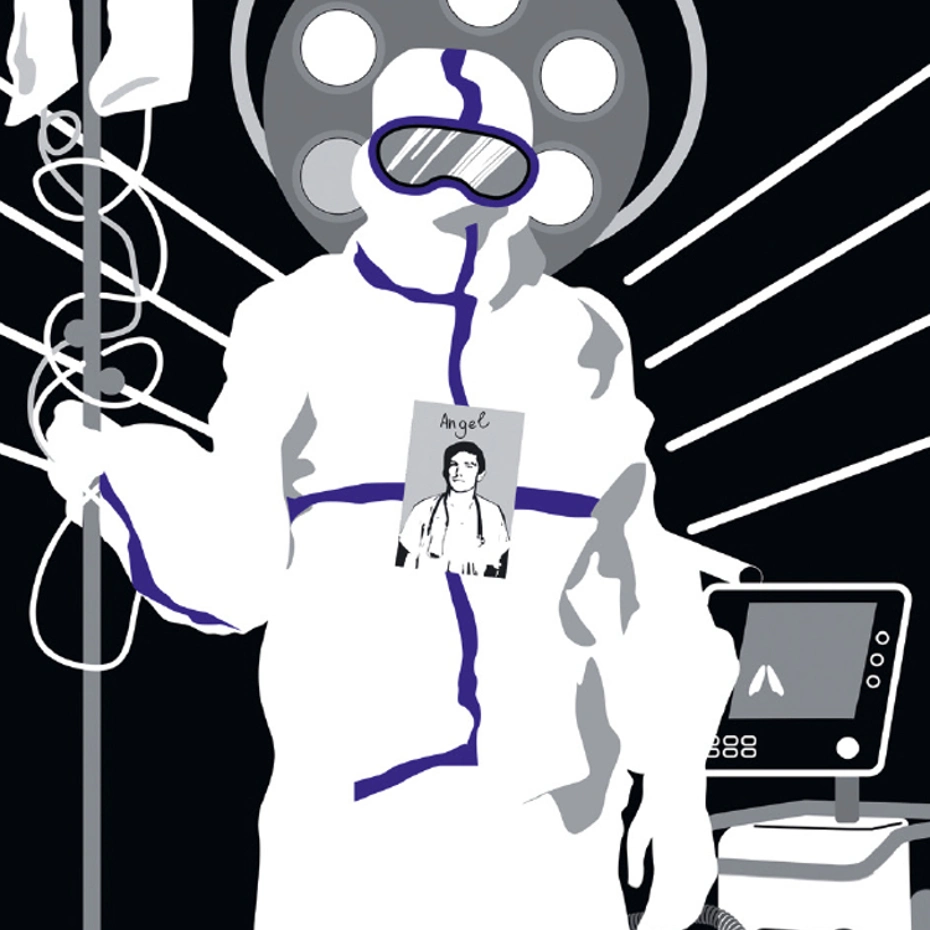
Текст
